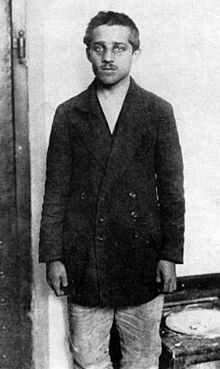I was thinking the other day after watching the new Torchwood (and wondering when the new Doctor Who will come out) about time travel, when I thought of something: If you go back in time for the purpose of changing an event, that would create a paradox.
Say if you do back in time to kill Hitler before the Second World War, and you succeed, WWII is averted, many lives are saved, doesn't this create a paradox? In the future of that time, Hitler died before he did anything historically significant, and since he would have no historical importance, you would have had no reason to kill him, or likely even know of him, so you wouldn't go back in time, and he wouldn't be assassinated.
If you go forward in time, for any reason (unless someone came back in time, and told you to change a future event) this wouldn't happen, as it wouldn't change the present history.
I don't know if this is a particularly original thought, or if I am completely wrong. The scenario above just applies to out known rules of time, not parallel universes, or fixed points in time.
Say if you do back in time to kill Hitler before the Second World War, and you succeed, WWII is averted, many lives are saved, doesn't this create a paradox? In the future of that time, Hitler died before he did anything historically significant, and since he would have no historical importance, you would have had no reason to kill him, or likely even know of him, so you wouldn't go back in time, and he wouldn't be assassinated.
If you go forward in time, for any reason (unless someone came back in time, and told you to change a future event) this wouldn't happen, as it wouldn't change the present history.
I don't know if this is a particularly original thought, or if I am completely wrong. The scenario above just applies to out known rules of time, not parallel universes, or fixed points in time.

